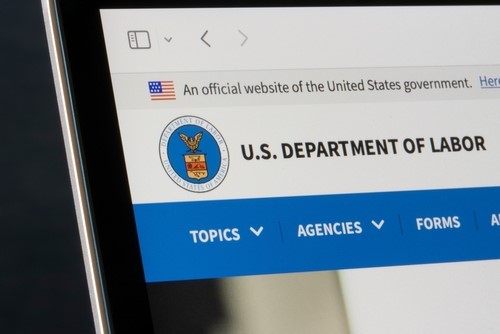
The American Retirement Association (ARA) submitted a comment letter to the Department of Labor (DOL) on March 31, 2024, related to the proposed regulation to implement a prohibited transaction exemption for certain auto-portability transactions.
More specifically, the DOL had requested comments on whether there should be a delayed applicability date to allow for automatic portability providers and plan fiduciaries to make any changes to auto-portability programs in light of the final rule.
The ARA said it believed a delay in implementation is not necessary, as it may effectively postpone the availability of auto-portability.
However, the ARA did suggest the DOL consider announcing a delayed enforcement period, during which “good faith” compliance would be sufficient. A delayed applicability date would allow service providers time to implement the regulations but may prevent some service providers from implementing auto-portability services that are already developed and substantially comply with the statute.
A delayed enforcement position and interim “good faith” compliance period would allow all service providers time to refine their systems and procedures without unnecessarily delaying the implementation of auto-portability services that would provide valuable services to participants.
In general, the ARA recommended that the DOL adopt a principles-based approach to regulating and enforcing the PTE for auto-portability transactions. Because auto-portability services are still in their infancy, ARA said that the DOL cannot reasonably predict all the ways in which solutions may be developed to serve participants and keep them connected with their retirement funds.
The ARA argued that creating too much rigidity, such as by specifying the types of services covered by Internal Revenue Code Section 4975(d)(25), may have the consequence of chilling the development of what it called “valuable participant services.”
Rather, ARA recommended that the department focus on regulating through key principles (as it routinely does in other fiduciary matters), such as mandating participant disclosure, duties of loyalty and prudence, and reasonable compensation.
“These principles are consistent with fiduciary law and broadly understood within the financial services industry,” the letter read. “The principles will serve to protect participants without stunting the promising potential benefits of auto-portability for plan participants.”
CLICK HERE FOR THE FULL LETTER.
Kelsey Mayo is the American Retirement Association’s Director of Regulatory Policy.
- Log in to post comments
